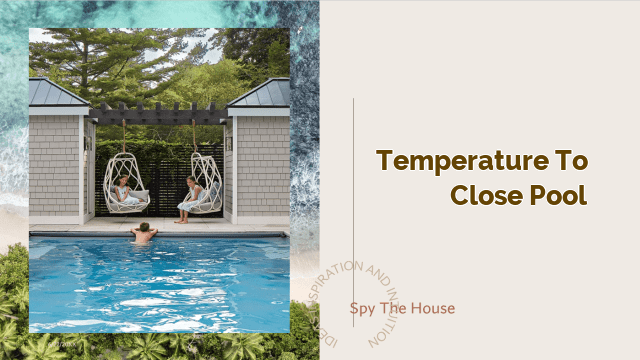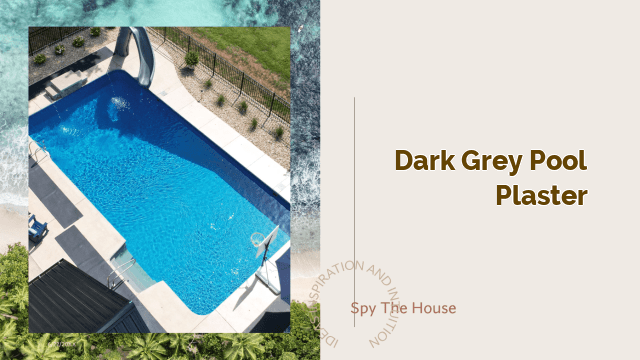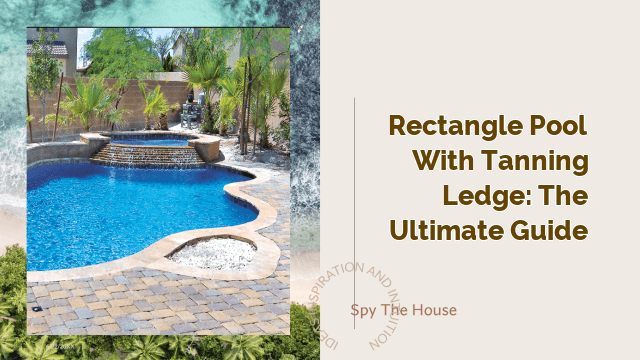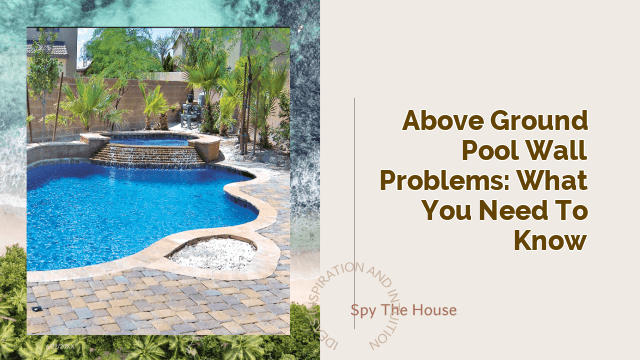temperature to close pool
# Temperature to Close Pool: Everything You Need to KnowAs the summer season comes to a close, it’s time to start thinking about closing your pool. One of the most important factors to consider when closing your pool is the temperature. In this article, we will discuss everything you need to know about the temperature to close pool, including when to close your pool, the ideal temperature for closing your pool, and tips for closing your pool in colder temperatures.## Understanding Temperature to Close PoolThe temperature to close pool refers to the ideal temperature at which you should close your pool for the winter season. This temperature can vary depending on where you live and the type of pool you have. The general rule of thumb is to close your pool when the temperature consistently falls below 65 degrees Fahrenheit.When the temperature drops below this point, it can start to affect the water chemistry in your pool. The colder temperatures can cause the water to become imbalanced, leading to algae growth and other issues. By closing your pool at the right temperature, you can help to prevent these problems and ensure that your pool is ready to use when the warmer weather returns.## Ideal Temperature for Closing Your PoolAs mentioned, the ideal temperature for closing your pool is when the temperature consistently falls below 65 degrees Fahrenheit. However, it is important to note that this is not a hard and fast rule. Depending on where you live and the type of pool you have, you may need to close your pool earlier or later than this.For example, if you live in a colder climate, you may need to close your pool when the temperature falls below 70 degrees Fahrenheit. On the other hand, if you live in a warmer climate, you may be able to keep your pool open longer, even if the temperature falls below 65 degrees Fahrenheit.It’s important to monitor the temperature in your area and consult with a professional if you are unsure about when to close your pool. They can help you determine the ideal temperature for your specific situation.## Tips for Closing Your Pool in Colder TemperaturesClosing your pool in colder temperatures can be challenging, but it’s important to do it properly to prevent any damage to your pool. Here are some tips for closing your pool in colder temperatures:### 1. Clean Your Pool ThoroughlyBefore closing your pool, it’s important to clean it thoroughly. This includes removing any debris from the pool, brushing the walls and floor, and vacuuming the pool. By doing this, you can help to prevent any buildup of algae or other contaminants that could cause problems during the winter months.### 2. Balance the Water ChemistryIt’s important to balance the water chemistry in your pool before closing it for the winter. This includes testing the pH, alkalinity, and chlorine levels and adjusting them as needed. By doing this, you can help to prevent any imbalances that could lead to algae growth or other issues.### 3. Lower the Water LevelTo prevent any damage to your pool during the winter, it’s important to lower the water level. This can be done by using a submersible pump to lower the water level below the skimmer level. This helps to prevent any freezing and expansion of the water that could cause damage to your pool.### 4. Add Winterizing ChemicalsAdding winterizing chemicals to your pool can help to keep it clean and clear during the winter months. This includes adding algaecide, shock, and winterizing chemicals to the pool. These chemicals can help to prevent algae growth and other issues that could cause problems during the winter.### 5. Cover Your PoolThe final step in closing your pool is to cover it. This helps to prevent any debris from entering the pool during the winter months. It’s important to use a high-quality pool cover that is designed to withstand the harsh winter weather.## People Also Ask### What temperature should I close my pool?The ideal temperature to close your pool is when the temperature consistently falls below 65 degrees Fahrenheit. However, this can vary depending on where you live and the type of pool you have.### What happens if you close your pool too early?Closing your pool too early can lead to imbalanced water chemistry, algae growth, and other issues. It’s important to monitor the temperature in your area and consult with a professional if you are unsure about when to close your pool.### Can you close your pool if it’s still warm outside?Yes, you can close your pool if it’s still warm outside. The ideal temperature to close your pool is when the temperature consistently falls below 65 degrees Fahrenheit, but this can vary depending on where you live and the type of pool you have.### How do I know if I should close my pool?You should close your pool when the temperature consistently falls below the ideal temperature for closing your pool. This temperature can vary depending on where you live and the type of pool you have.### Can I keep my pool open all winter?Keeping your pool open all winter is not recommended. This can lead to imbalanced water chemistry, algae growth, and other issues. It’s important to close your pool properly to prevent any damage during the winter months.## ConclusionClosing your pool for the winter season is an important task that should be done properly to prevent any damage. The temperature to close pool is an important factor to consider when closing your pool. By following the tips outlined in this article, you can ensure that your pool is ready to use when the warmer weather returns.






